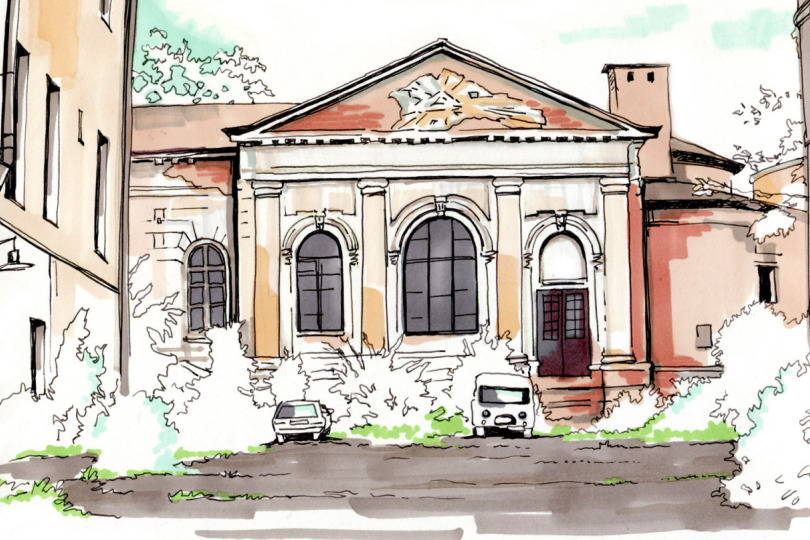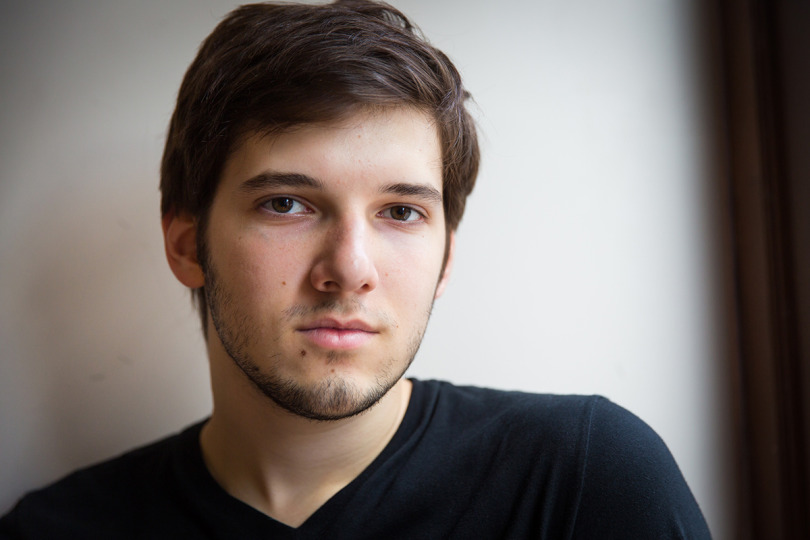.jpg)
Art and Design School Fashion Show
On June 16, the courtyard of the Art and Design School (HSE Faculty of Communications, Media and Design) was turned into a true podium with a fashion show taking place under the Black Box open sky. Thirteen original costume models were prepared by second-year students of the school as part of their final project defence.
HSE Graduation Party: A Step-by-Step Guide
On 20th June HSE invites all graduates, students and teachers to the Star Wars themed University Graduation Party at Space Moscow. This is without a doubt, the best party of the year. But to get the most out of it, remember to follow these few vital steps.
1,100
young people have taken part in the All-Russian Iron Entrepreneur championship, which the HSE Business Incubator and the HSE Office for Innovation are holding for the sixth year.
Investors Prefer Regions with Developed Economies
Even a business climate that is not very favourable is not an obstacle for investors if the country is developing fast in general. Business leaders who invest in countries with underdeveloped institutions choose politically stable regions with high demand, qualified workforce and developed infrastructure, said Ksenia Gonchar, leading research fellow at the HSE Institute for Industrial and Market Studies (IIMS), in a paper.
–14%
was the level to which the business confidence index in building materials production fell in May of this year.

HSE. Cornerstone: 10th line of Vasilyevsky Island, Building 3/30
The building that used to house St. Petersburg's Patriotic Institute has held its status as an educational establishment for more than 200 years. The campus was placed under the operational control of the St. Petersburg Higher School of Economics in 2006.
Multiculturalism Could Work in Russia
Contemporary Russian society is divided more along the lines of education and professional qualifications than nationality. So said researchers at the annual international conference at HSE’s Laboratory for Sociocultural Research on intercultural and interethnic relations.
Youth Take Longer to Leave Their Parents
Young Russians are in no hurry to start living on their own. The age of moving out from the parental home has increased from 18-20 for previous generations to 23-25 for today's youth. Instead, young people are spending more time in search of themselves and taking longer to get an education and choose a partner, according to a study by Ekaterina Mitrofanova, Junior Research Fellow at the HSE Institute of Demography, and Alina Dolgova, student at the HSE Faculty of Social Sciences.
8%
is the mere share of people who have left their jobs and for a certain period of time did not look for new work but who later returned to the formal labour market.

Music and Politics
On 17th June in the Professors Hall at HSE Ilya Mochalov, second year Politics student at HSE and fourth year music student at the Tchaikovsky Conservatory in Moscow, gave a solo piano concert. Ilya has won a number of Russian and international prizes at music festivals and competitions. At the concert he played works by his favourite composer, Sergei Rakhmaninov.

